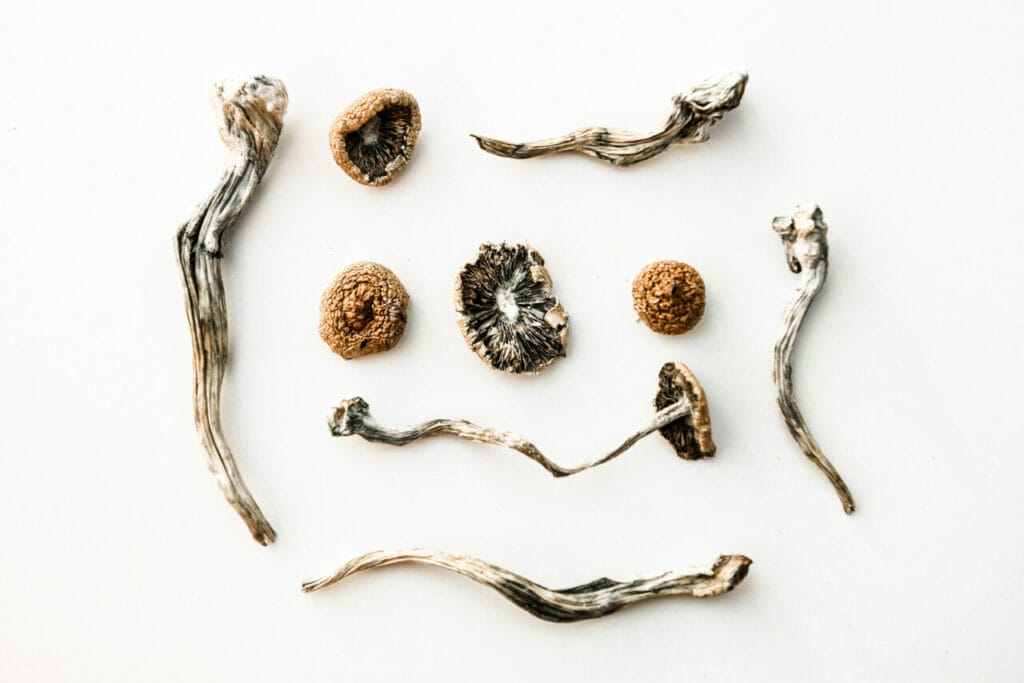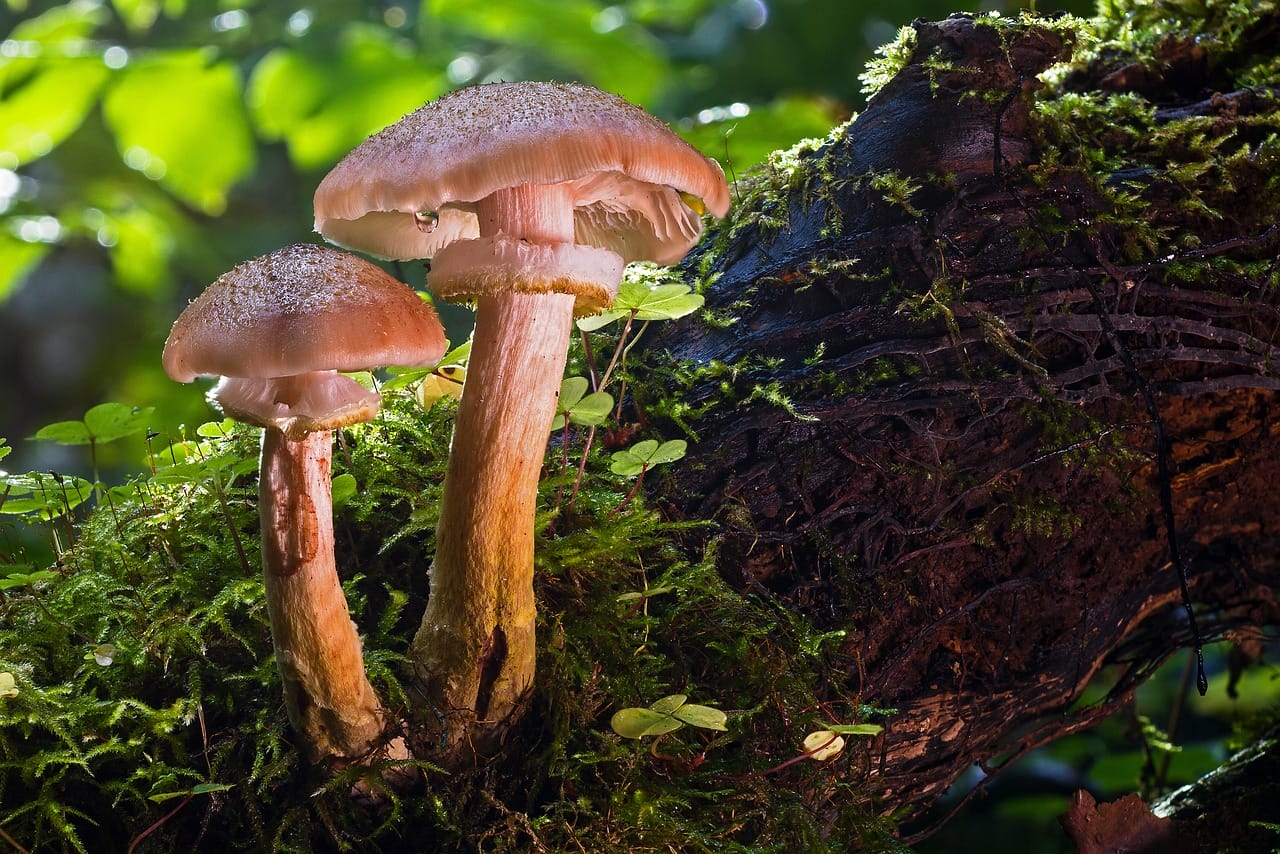Initially, many Canadians perceived magic mushrooms primarily as a psychedelic substance used for recreational purposes. However, upon studying the key component psilocybin, scientists found it to be highly effective in addressing various mental health conditions.
As more information comes to light, our comprehension of the uses of psilocybin broadens. This increased understanding makes it easier for people to access these products through magic mushroom delivery services. A new study underscores its impact on human consciousness. Could this shed light on its profound influence on the human brain? Let’s dig deeper into this fascinating investigation into magic mushroom products.
Key Points:
- Psychedelic magic mushrooms have shaped the cognitive processes of early humans, contributing to their survival.
- Mushrooms play a significant role in neurological health due to their potential to mitigate PTSD, depression, and anxiety.
- The influence of psilocybin on consciousness and brain function could have boosted creativity, self-reflection, and abstract thought.

The Historical Use and Importance of Magic Mushrooms
Historical records indicate that our ancestors have been utilizing the power of psychedelic magic mushrooms since the olden times. Indigenous societies used them in sacred rituals and traditional ceremonies to honor their gods. These mushrooms flourish worldwide, especially in subtropical and tropical areas, including South and Central America, the Caribbean, Southeast Asia, and Africa.
Magic Mushrooms in Ancient Civilizations
The Indigenous people of Mexico have used these fungi for spiritual insights, divine communication, and religious ceremonies since time immemorial. The Aztec Indians of South America referred to it as “God’s Flesh” and incorporated it into their healing rituals.
Ancient evidence suggests their use dates back to:
- About 10,000 years ago in Australia
- Nearly 7,000 years ago in North Africa
- Approximately 6,000 years ago in Spain.





